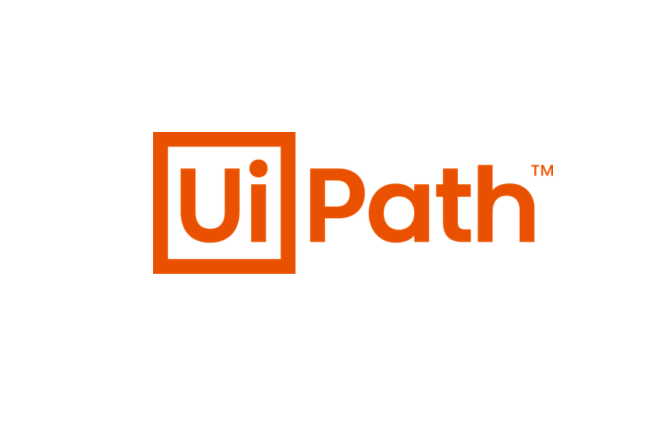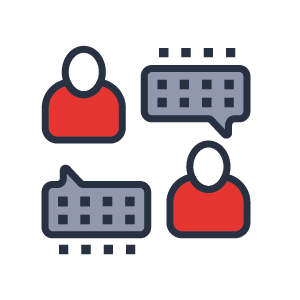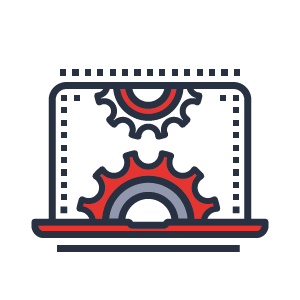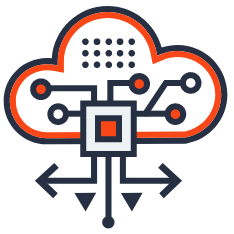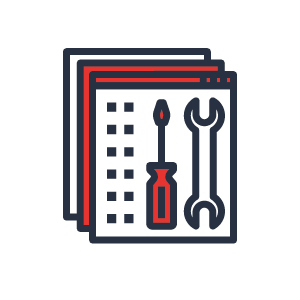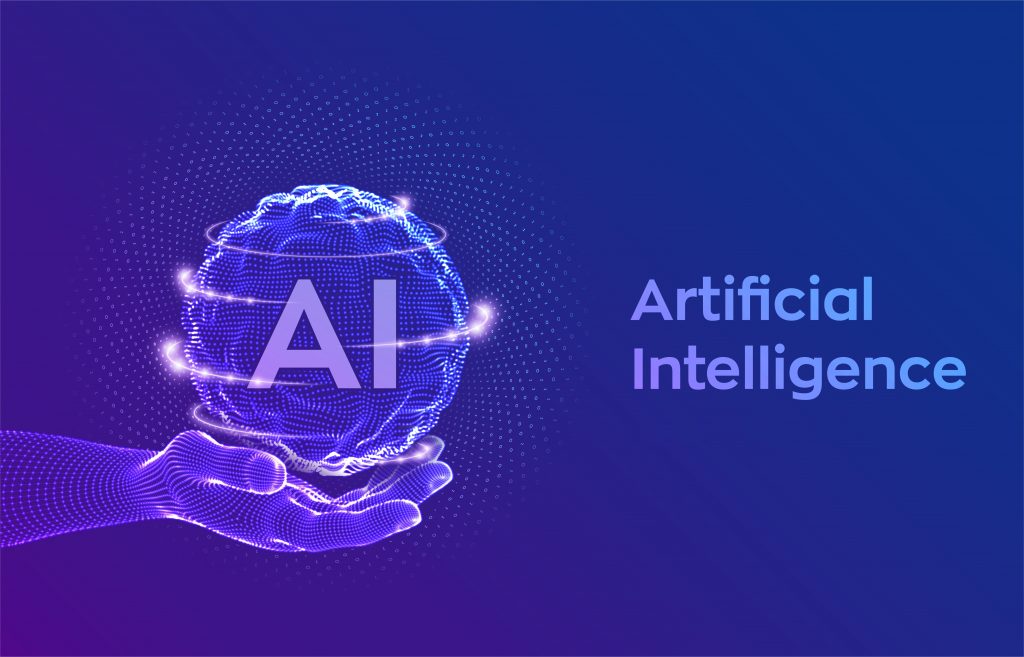
Artificial intelligence (AI) has changed the face of various industries, revolutionising the ways businesses operate and engage with their customers.
AI combined with low-code platforms and Robotic Process Automation (RPA) is enabling rapid application development, leading to efficiency, cost savings, and a competitive edge. Despite its advantages, the application of AI in business can be complex and raise many questions.
This article answers the top FAQs about the application of AI in business, focusing on its integration with low-code and RPA.
1. What is the relevance of AI in today’s business landscape?
AI technology facilitates data-driven decision-making, enabling businesses to provide personalised experiences to their customers, automate repetitive tasks, and detect fraud. The AI models can predict trends and customer behaviour, providing businesses with valuable insights to stay ahead in the competition.
2. What are low-code platforms, and how do they complement AI?
Low-code platforms are software that allows developers to create applications through graphical user interfaces and configuration instead of traditional hand-coded programming. They can be combined with AI to build sophisticated applications rapidly. AI can automate some coding tasks, and low-code platforms make it easier to integrate these AI capabilities into applications.
3. What is Robotic Process Automation (RPA), and how does it integrate with AI?
RPA is a technology that uses software robots or ‘bots’ to automate routine, rule-based tasks. When integrated with AI, RPA can handle more complex tasks that require decision-making, language understanding, and learning from experience, thereby automating end-to-end business processes.
4. How can businesses benefit from combining AI, low-code, and RPA?
The combination of AI, low-code, and RPA provides a competitive edge by enabling rapid application development, streamlining operations, reducing errors, and increasing productivity. AI enhances RPA’s capabilities, while low-code platforms facilitate the seamless integration of these technologies into applications.
5. What are the potential challenges of applying AI in business?
The application of AI in business can involve challenges such as data privacy concerns, algorithmic bias, and the need for skilled professionals to manage and maintain AI systems. Moreover, businesses may face difficulties in integrating AI with their existing systems.
6. How can businesses overcome the challenges of integrating AI with low-code and RPA?
Businesses can overcome these challenges by developing a clear implementation strategy, investing in skills development, and choosing the right tools and platforms that suit their needs. They should also focus on ensuring data privacy and addressing bias in AI models.
7. How does AI with low-code and RPA affect job roles?
AI, low-code, and RPA are expected to automate repetitive tasks, freeing employees to focus on more strategic, creative, and decision-making tasks. This shift requires upskilling and reskilling employees to work with these new technologies.
8. What is the future of AI in business, especially when combined with low-code and RPA?
AI, combined with low-code and RPA, will continue to transform business operations and customer experiences. As these technologies become more advanced and accessible, businesses of all sizes can harness their power to innovate, optimise processes, and stay competitive.
Conclusion
In conclusion, AI, low-code, and RPA are powerful tools that can drive efficiency and innovation in businesses. However, their successful implementation requires a clear strategy, continuous learning, and adaptation. By addressing the FAQs outlined in this article, businesses can make informed decisions and maximise the benefits of these transformative technologies.
Discover what AI, RPA and low-code automation can do for your business
To fully explore the automation potential and how it can benefit your organisation, reach out to our team of automation experts for a tailored demo.

